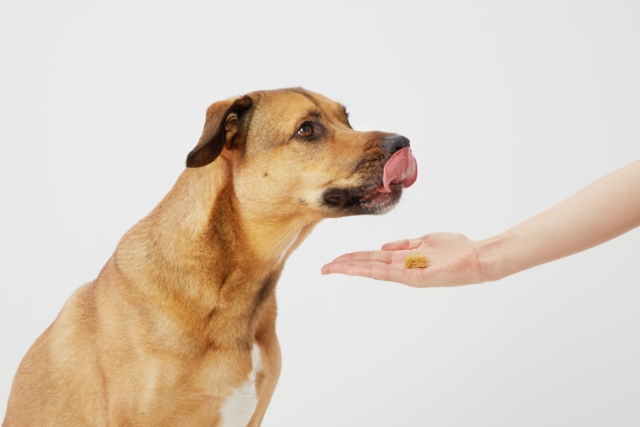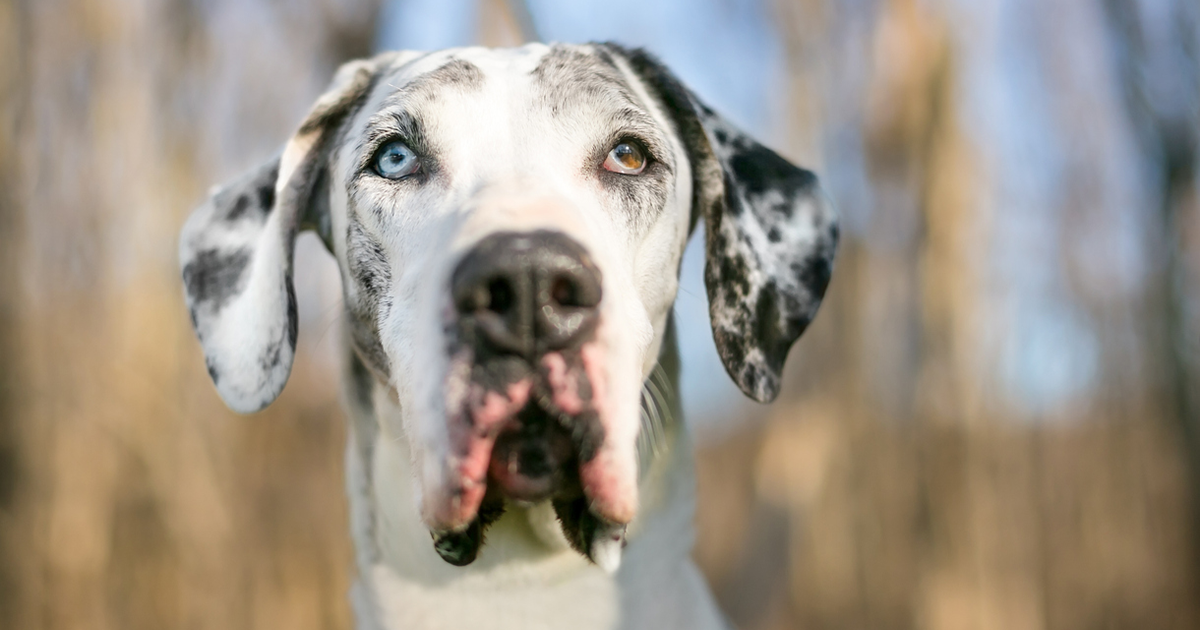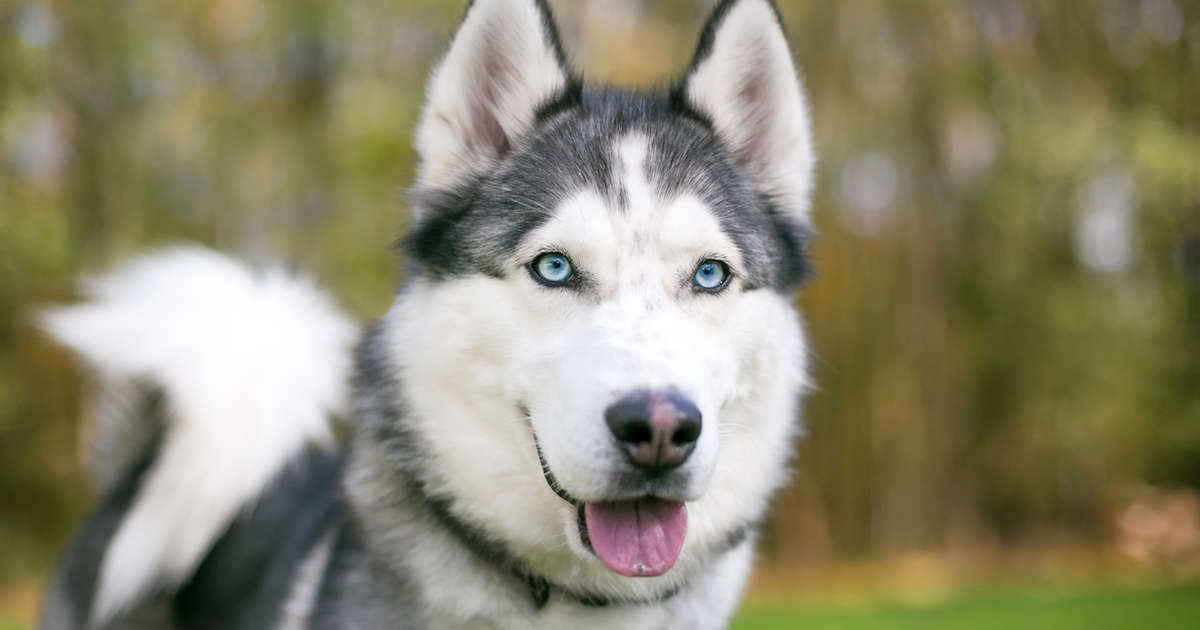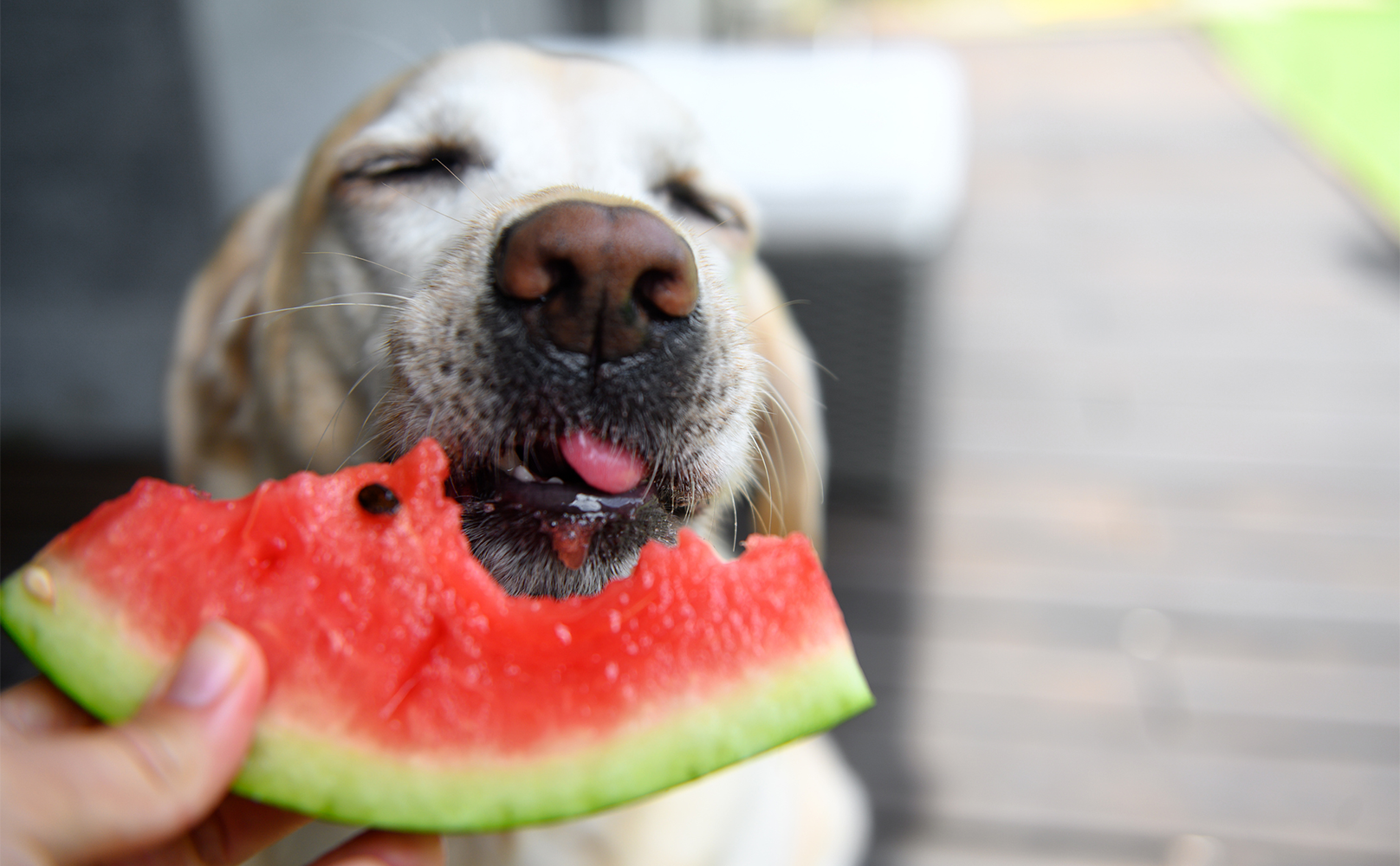Wouldn’t it be wonderful if pets could talk? When a dog is sick, they could simply place a paw on our shoulder and tell us all about it. Unfortunately, our pups cannot communicate verbally. Instead, they count on us to recognize the subtle signs of illness.
Sometimes this is easier said than done. Dogs often try to hide their symptoms as a survival mechanism. Luckily, no one knows your pup like you do. If you notice any of the signs on this list, or simply suspect something is wrong, trust your instincts and head to the vet!
1. Changes In Appetite


Some dogs live to eat while others simply eat to live. If your chow hound suddenly begins turning up his nose at dinner, he may be feeling under the weather. When poor appetite is accompanied by vomiting, diarrhea, lethargy, or weight loss, there is a good chance your dog is sick.
Appetite Loss in Dogs May Be Caused By:
- Infections
- Cancer
- Liver or Kidney Disease
- Dental Pain
- Vaccine Reactions
- Anxiety
- Motion Sickness
In addition to the ailments above, some dogs go off their food for behavioral reasons. They may just be picky or responding to environmental stressors in their eating space. A decrease in appetite isn’t necessarily an emergency. In the wild, canines often go several days without eating. However, since inappetance can be a symptom of serious illness, it is best to take early action.
On the other hand, if your once picky pup abruptly starts devouring every morsel they can get their paws on, it could be a sign of:
- Diabetes
- Thyroid Problems
- Poor Nutrient Absorption
- Medication Side Effect
When a dog is ravenously hungry and appears to have lost or gained weight, your vet will run blood work to check for disease. Just like low appetite, an increased desire to eat does not necessarily mean your dog is sick. If your vet rules out illness, it may be a behavioral issue.
2. Excessive Thirst & Urination


Drinking lots of water and making lots of pee go paw-in-paw. Active dogs and those living in hot climates drink more than others, but excessive thirst and urination for no apparent reason could mean your dog is sick.
If your pup can’t seem to get enough water, is urinating frequently, straining to urinate, or having accidents in the house, see your vet to rule out serious conditions such as:
- Bladder or Kidney Stones
- Diabetes
- Kidney Disease
- Addison’s Disease
- Cushing’s Disease
- Certain Tumors
- Electrolyte or Hormonal Disorders
Increased thirst and urination may also be the result of urinary tract infections, low protein diets, medication side effects, or cognitive dysfunction in aging dogs.
3. Lethargy


There is a big difference between a relaxed dog and a lethargic dog. It is perfectly normal for pups to spend the majority of their time resting or dozing. As they head into their senior years, they sleep even more frequently.
Resting only becomes a cause for concern when it is out of the ordinary for your specific pooch. For example, if your dog no longer springs out of bed for their morning walk, comes when called, devours their food, or does the things they once loved, it may be a sign that something is wrong.
4. Digestive Problems


Vomiting, diarrhea, constipation and loss of appetite are clear signs your dog is sick or experiencing digestive problems. Additional symptoms include blood in the stool, dry heaves, drooling, restlessness, and pain, swelling or tension in the abdomen.
Countless diseases and conditions include digestive upset among their symptoms including certain cancers and life-threatening gastric torsion or “bloat.” Gastrointestinal symptoms should always be taken seriously, but keep in mind they do not necessarily mean your dog is ill. Some pups vomit or have diarrhea due to stress, over-excitement, or eating something they shouldn’t. However, you should always err on the side of caution and seek veterinary care sooner rather than later.
5. Poor Skin & Coat Condition


Dry, itchy skin is often related to poor diet or allergies, but sometimes it can be a symptom of a deeper problem. Hormone-related illnesses such as Hypothyroidism, Addison’s and Cushing’s Disease often cause hairloss and skin changes, especially in older dogs.
If your dog’s once healthy coat is now dull, flaky, or thinning, it could be a sign of internal illness. In addition, persistent itching, rashes and new lumps and bumps should always be checked by a veterinarian and monitored for changes.
6. Behavioral Changes


Dogs are creatures of habit and their behavior tends to be fairly predictable. For example, your pup may love to bark at the mailman each morning or romp with their canine BFF at the park. Sometimes when a dog is sick, the behaviors you have come to expect begin to change.
Your pooch may sleep right through the mailman’s visit or snap at their pal during playtime. They may even become irritable with family members or other pets in the household. While behavioral changes can occur with serious health problems such as brain tumors, they may also indicate aging changes.
Older dogs often suffer from painful arthritis, hearing loss, impaired vision and memory problems. These deficits can cause sleep-related changes, restlessness, staring, pacing, increased vocalization, anxiety, clingy behavior, or a lack of interest in social situations.
You can expect some deterioration in senior dogs, but extreme behavioral changes could be a sign of Cognitive Dysfunction Syndrome (CDS). Doggy dementia is heartbreaking, but often manageable. See your vet for a full workup.
7. Pain


Pain is a body’s way of telling us something is wrong. Dogs are often stoic about their pain, but you may notice subtle signs such as:
- Stiffness or Lameness
- Excessive Panting
- Shallow Breathing
- Poor Appetite
- Reluctance to Exercise
- Avoidance or Aggression
- Licking a Particular Area of the Body
- Inability to Get Comfortable
- Accidents in the House
- Chewing on Only One Side of the Mouth
8. Respiratory Problems
Respiratory issues are some of the more obvious signs that a dog is sick. Sneezing, coughing, wheezing, nasal discharge, and even snoring can indicate an infection or something more serious like a heart problem. Overweight dogs and short muzzled breeds like Pugs, Pekingese and Bulldogs are prone to these issues and are at an increased risk for respiratory distress and collapse.
9. Whining or Attention-Seeking


Not all dogs are stoic when they are sick. In fact, some want their mom or dad more than ever. If your dog seems more whiny and clingy than normal, it may mean he’s feeling ill and is looking to you for comfort.
However, this behavior on its own is probably not a huge cause for concern. After all, some pups just really love their hoomans!
10. Shaking


Dogs shake for many reasons such as cold, stress and good old-fashioned jealousy. Shaking can also mean your dog is sick or in pain. For example, spinal injuries often cause dogs to tremble and stiffen their body posture.
Shaking can be quite serious if related to a neurological condition such as a stroke or epilepsy. However, not all seizures involve violent shaking. Some types of seizures involve shivering, snapping at the air (“fly biting”), or a blank, fixed gaze. In the case of a focal seizure, only one area of the body is involved.
If you suspect your dog is experiencing an illness affecting their brain and/or nervous system, seek veterinary attention immediately. Additional symptoms include partial paralysis, tremors, twitching, loss of consciousness, disorientation, weakness in the limbs, stumbling, or circling. A head tilt to one side could also be related to a neurological condition or an inner ear infection.
Remember, no one knows your pup better than you. If you suspect your dog is sick, you are probably right. It is always better to be safe than sorry, so when in doubt, seek veterinary attention. If you wait for the illness to progress, it could be too late.
H/T to PetMD






